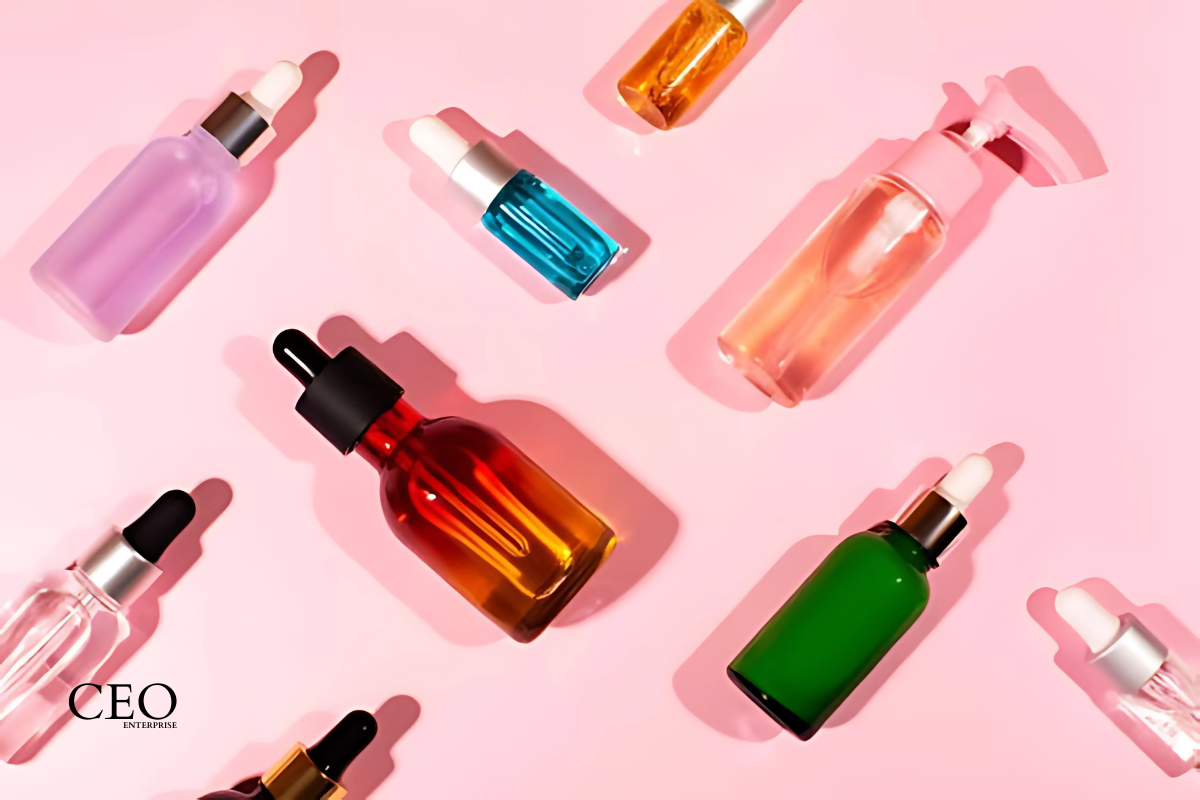The global luxury skincare market is booming. With a projected value of $116 billion by 2028, the demand for high-quality, effective, and ethical skincare products continues to rise. If you’re looking to build a luxury skincare brand from scratch, this guide will take you through each essential step to create…

The global luxury skincare market is booming. With a projected value of $116 billion by 2028, the demand for high-quality, effective, and ethical skincare products continues to rise. If you’re looking to build a luxury skincare brand from scratch, this guide will take you through each essential step to create a brand that stands out in a competitive market.
Why Choose a Luxury Skincare Brand?
Luxury skincare is not just about creating products.it’s about crafting an experience. Consumers are willing to pay a premium for quality, uniqueness, and the story behind a brand. A luxury skincare brand allows you to:
- Capture a Niche Audience: Targeting individuals who value quality and exclusivity.
- Achieve Higher Margins: Luxury products can command premium pricing, leading to higher profit margins.
- Build Brand Loyalty: Premium quality and aesthetics foster long-term customer relationships.
Step 1: Identify Your Niche and Target Audience
Before you create anything, define your brand’s niche. The skincare industry includes categories such as:
- Anti-aging solutions (e.g., serums and creams)
- Organic or natural skincare
- Specialized treatments (e.g., acne care or sensitive skin products)
Research your target audience by analyzing demographics and psychographics. Are you catering to millennials seeking natural products or high-net-worth individuals desiring exclusivity?
💡 Example: Brands like Drunk Elephant focus on non-toxic formulations, while La Mer appeals to those seeking luxury and high performance.
Step 2: Develop Your Brand Identity
Your luxury skincare brand should evoke a sense of sophistication and trust. This includes:
- A Memorable Name: Names like “Glow Atelier” or “Aurum Skin” suggest luxury.
- Packaging Design: Use high-quality materials like glass or embossed labels.
- Brand Story: Communicate your brand’s values, such as sustainability or cruelty-free practices.
Step 3: Formulate High-Quality Products
Luxury skincare demands formulations that deliver results. Collaborate with dermatologists, chemists, and regulatory experts to create:
- Clinically Tested Products: Back your claims with science.
- Premium Ingredients: Use rare, ethically sourced components like hyaluronic acid or botanical extracts.
💡 Tip: Partner with reputable labs or manufacturers to ensure safety and compliance.
Step 4: Craft a Business Plan and Secure Funding
Building a luxury skincare brand requires substantial investment. Your business plan should outline:
- Product Costs: Formulations, packaging, and certifications.
- Marketing Budget: Allocate funds for digital campaigns, influencers, and events.
- Revenue Projections: A strong strategy can lead to potential annual sales of $1-2 million within the first two years.
Seek funding through:
- Angel Investors
- Crowdfunding platforms like Kickstarter
- Partnerships with beauty incubators
Step 5: Create a Marketing Strategy
Marketing is critical to your brand’s success. Whether you’re leveraging social media or collaborating with influencers, a strong digital presence is non-negotiable.
Social Media Strategy:
- Platforms: Focus on Instagram, TikTok, and Pinterest for visual storytelling.
- Content: Post tutorials, behind-the-scenes videos, and testimonials.
- Ads: Use targeted ads to reach your niche audience.
Influencer Strategy:
- Micro-Influencers: Ideal for building trust and authenticity.
- Celebrity Endorsements: Boost brand recognition but require a larger budget.
💡 Example: Skincare brands like Sunday Riley grew exponentially through influencer partnerships.
Step 6: Set Up Distribution Channels
Decide where and how you will sell your products.
- E-commerce: Platforms like Shopify or WooCommerce make it easy to launch an online store.
- Retail Partnerships: Collaborate with luxury department stores like Nordstrom or boutique stores.
- Subscription Models: Offer monthly skincare boxes to build recurring revenue.
💡 Projected Sales: A well-marketed luxury skincare brand can achieve sales of $500,000 to $1 million in the first year through e-commerce alone.
Step 7: Launch and Build Customer Loyalty
Launching your brand is just the beginning. Focus on delivering exceptional customer experiences:
- Offer Samples: Encourage trials by sending complimentary samples with orders.
- Customer Support: Provide personalized consultations and skincare tips.
- Loyalty Programs: Reward repeat customers with discounts or exclusive access.
Industry Trends to Watch in 2025
To stay competitive, keep up with emerging trends:
- Sustainable Packaging: Use biodegradable or refillable containers.
- AI-Powered Skincare Analysis: Integrate technology to recommend products based on skin type.
- Global Expansion: Tap into growing markets like Asia and the Middle East.
By following these steps, you can confidently build a luxury skincare brand from scratch and carve a niche in the ever-expanding beauty industry. With strategic planning, innovative marketing, and high-quality products, your brand could be the next big success story in 2025.
